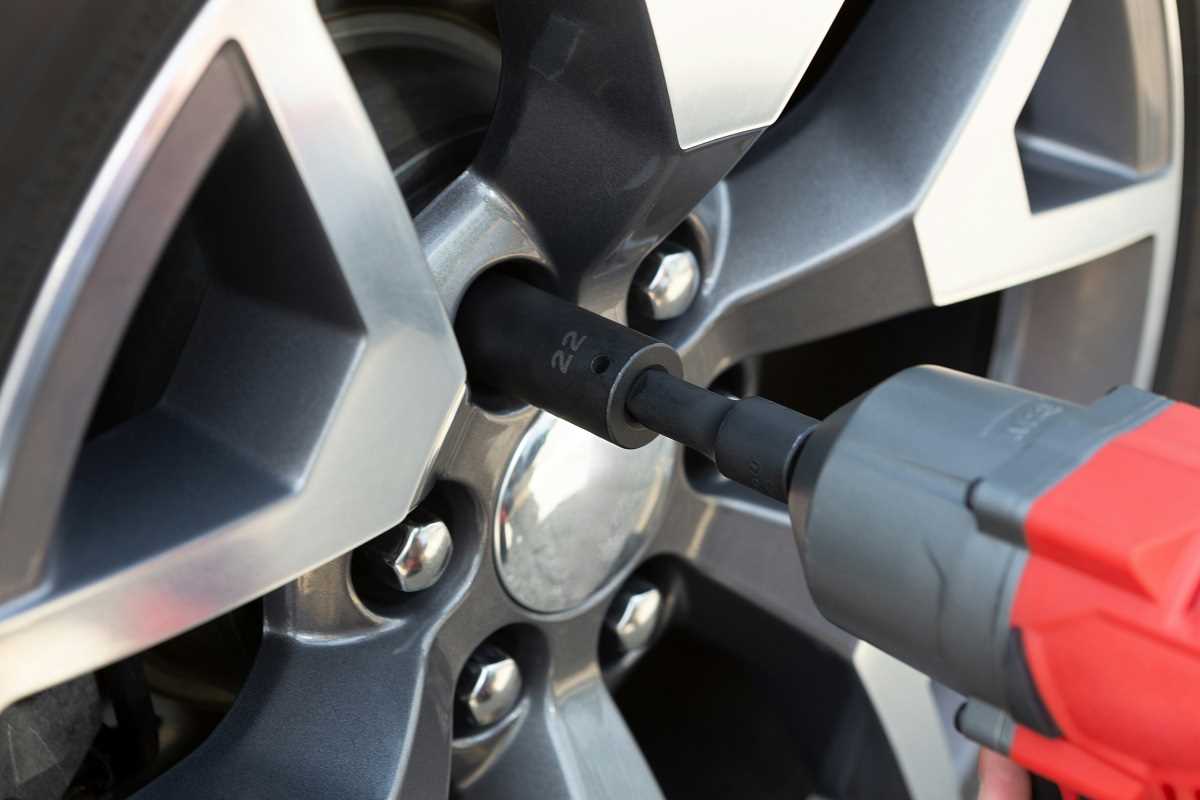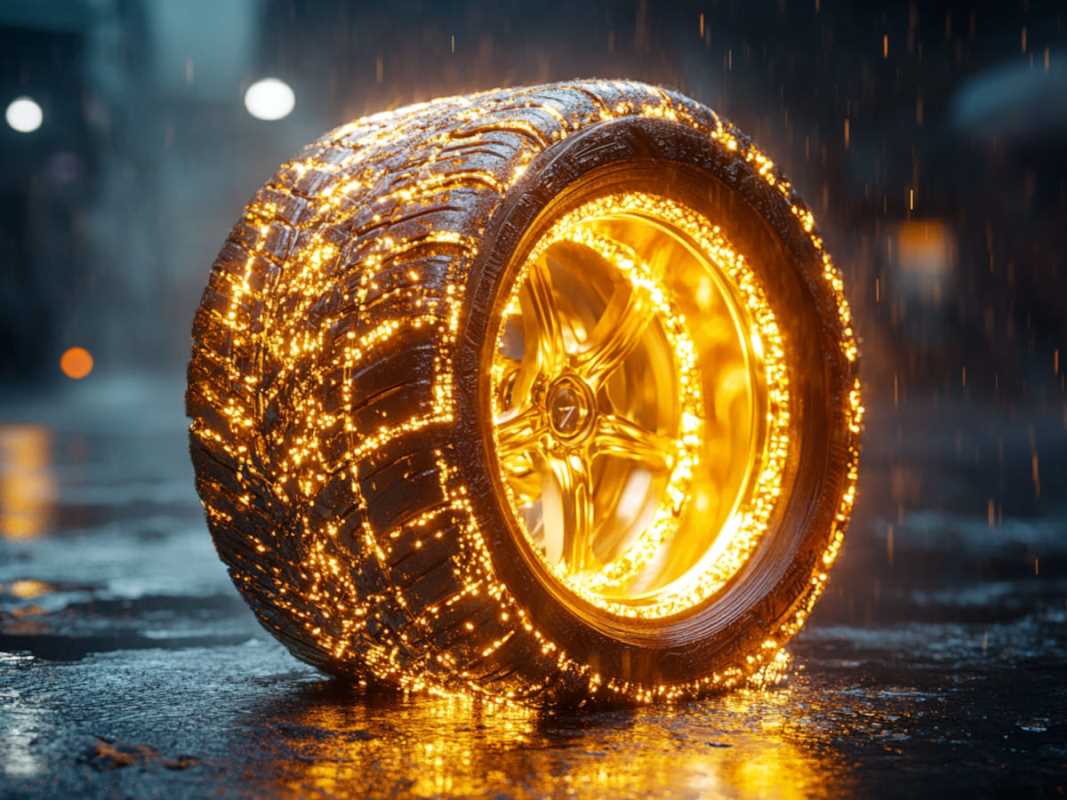As a car owner, I've learned that ignoring small issues can lead to big problems down the road. Cars are complex machines with thousands of interconnected parts, and when something starts to go wrong, it rarely fixes itself. While it might be tempting to turn up the radio to drown out that strange noise or hope that warning light will eventually go away on its own, procrastinating on necessary repairs is almost always a recipe for larger, more expensive problems. Let me share some wisdom about the car repairs you should never put off, no matter how inconvenient the timing might seem.
Warning Signs Your Brakes Need Attention
Your vehicle's braking system is arguably its most critical safety feature, making any signs of brake trouble too important to ignore. A high-pitched squealing noise when you apply the brakes is typically the first indicator that your brake pads are wearing thin. This sound comes from small metal indicators specifically designed to alert you when it's time for service. Ignoring this warning means the pads will continue to wear down, eventually causing metal-on-metal contact that can damage your rotors and significantly increase repair costs.
Proper brake function is too important to compromise, as brake failure can lead to accidents with severe consequences. Most brake inspections are relatively inexpensive, while complete brake system repairs or replacements after neglect can cost many times more. The peace of mind that comes with knowing your vehicle can stop reliably is worth far more than the cost of timely maintenance.
Engine Oil Issues That Demand Immediate Action
Engine oil serves as the lifeblood of your vehicle, providing crucial lubrication that prevents metal-on-metal contact between engine components. When your dashboard oil light illuminates, it's signaling critically low oil pressure or oil levels that require immediate attention. Continuing to drive with this warning light on risks severe engine damage that could lead to a complete engine replacement, one of the most expensive car repairs possible.
Unusual engine noises, particularly knocking or ticking sounds, often indicate insufficient oil lubrication. These sounds occur when engine parts make direct contact without the protective oil barrier between them. As this continues, components can become scored or damaged, creating metal shavings that circulate through the engine and cause further damage. What starts as a simple oil change can quickly escalate to a major engine overhaul if these warning signs are ignored.
The connection between engine oil and overall vehicle longevity cannot be overstated. Engines are designed to operate with clean oil at the proper level and pressure, and deviations from these conditions accelerate wear dramatically. The cost difference between routine oil service and major engine repairs makes this perhaps the clearest example of how preventive maintenance saves substantial money in the long run.
Steering and Suspension Problems to Address Promptly
Your vehicle's steering and suspension systems are responsible for maintaining control, providing comfortable ride quality, and ensuring proper tire contact with the road. When your steering wheel vibrates at certain speeds or you notice the vehicle pulling to one side during normal driving, these symptoms indicate alignment issues that affect handling and cause uneven tire wear. Addressing these problems promptly can prevent premature tire replacement and more extensive suspension damage.
A bouncy ride quality that continues after hitting bumps indicates worn shock absorbers or struts that are no longer effectively dampening oscillations. Beyond the obvious comfort issues, this condition means your tires aren't maintaining consistent contact with the road surface, which extends stopping distances and reduces traction during cornering. The safety implications of properly functioning suspension components far outweigh the cost of replacing them at appropriate intervals.
- Excessive play in the steering wheel (more than 1-2 inches of movement without tire response)
- Uneven tire wear patterns, particularly on the inner or outer edges
- Vehicle sitting noticeably lower on one corner
- Fluid leaks from shock absorbers or power steering system
- Difficulty steering or unusually tight/loose steering wheel resistance
- Squealing noises during steering, especially at low speeds
- Vibration that increases with speed
- Continued bouncing after hitting bumps or dips
- Vehicle nose-diving during braking
- Front-end shimmy or wobble that worsens at higher speeds
Steering and suspension problems tend to worsen gradually, making them easy to adapt to without realizing how significantly your vehicle's handling has deteriorated. Schedule a steering and suspension inspection if your vehicle exhibits any of these warning signs or if you've recently experienced an unusually harsh impact like hitting a large pothole. Many shops offer free inspections that can identify issues before they become serious safety concerns.
Electrical System Failures That Can Leave You Stranded
Modern vehicles rely heavily on electrical systems for everything from starting the engine to operating safety features, making electrical problems particularly disruptive. Battery issues typically provide several warning signs before complete failure, including slow engine cranking, dimming headlights, or electronic features that operate intermittently. A simple battery test can determine whether replacement is needed, potentially saving you from the inconvenience of an unexpected no-start situation.
The increasingly computerized nature of vehicles means electrical problems can affect virtually every aspect of your car's operation. While some electrical issues might seem minor, they often indicate underlying problems that can cascade into more significant failures over time. Regular electrical system checks as part of routine maintenance can identify potential issues before they leave you stranded or require expensive emergency repairs.
Cooling System Maintenance for Engine Longevity
Your engine's cooling system prevents the extreme heat of combustion from causing component damage, making proper coolant levels and condition essential to engine longevity. An illuminated temperature warning light or gauge reading in the hot zone indicates potential cooling system failure that requires immediate attention. Continuing to drive an overheating engine risks warped cylinder heads, blown head gaskets, or even complete engine seizure, all expensive repairs that proper cooling system maintenance can prevent.
Visible coolant leaks under your vehicle or the sweet smell of coolant inside the cabin are telltale signs of cooling system problems. Coolant serves multiple purposes including heat transfer, corrosion prevention, and freeze protection, making leaks particularly problematic. Even small leaks will eventually lead to low coolant levels and potential overheating. The source might be a loose hose connection, damaged radiator, failed water pump, or leaking gasket, but all require prompt repair.
Regular coolant exchanges are often overlooked but vitally important to cooling system health. Over time, coolant loses its corrosion-inhibiting properties and can become acidic, damaging metal components from within. Following the manufacturer's recommended coolant change intervals prevents internal corrosion and maintains proper heat transfer capability. This relatively inexpensive service helps avoid major cooling system repairs and protects against catastrophic engine damage.
Unusual noises from the cooling system, such as gurgling, bubbling, or a whining water pump, indicate problems that should be addressed promptly. Air in the cooling system reduces its effectiveness and can lead to localized hot spots in the engine. Similarly, a failed water pump cannot circulate coolant properly, quickly leading to overheating. Catching these issues early often means a simple repair instead of extensive engine work.
The cooling system's connection to overall engine health cannot be overstated, as operating temperatures directly impact component lifespan. Modern engines run at carefully calibrated temperatures for optimal efficiency and emissions control, making proper cooling system function essential. Preventive maintenance like checking coolant levels regularly, inspecting hoses for cracks or bulges, and addressing small leaks immediately can extend engine life significantly and prevent costly repairs down the road.
 (Image via
(Image via
.jpg)




